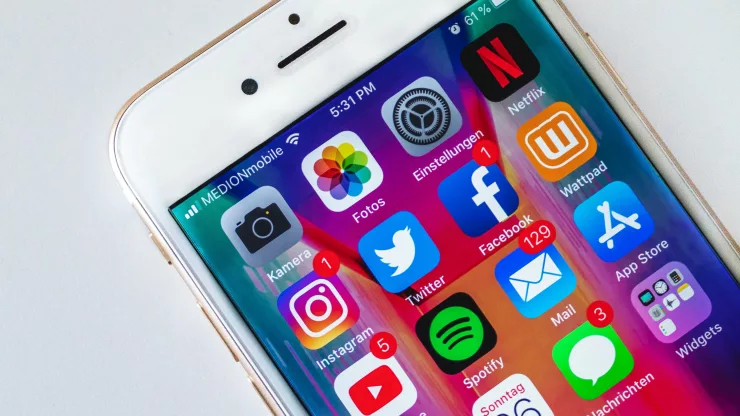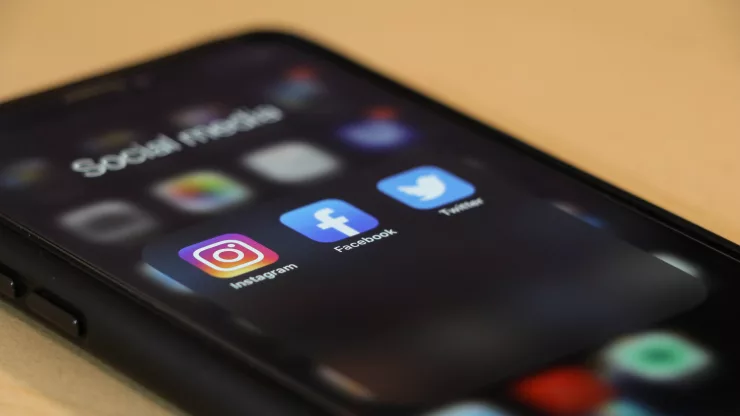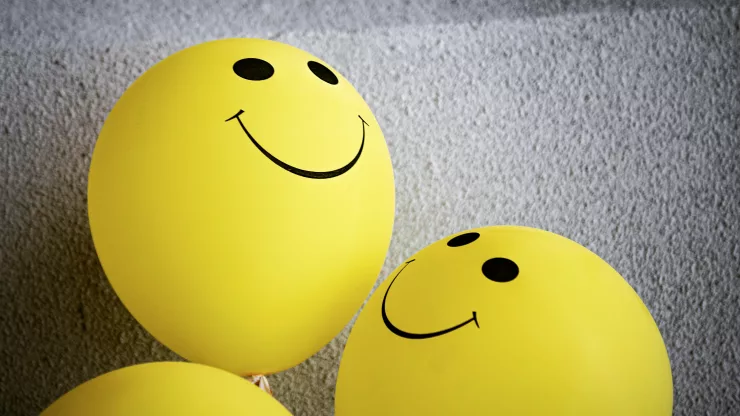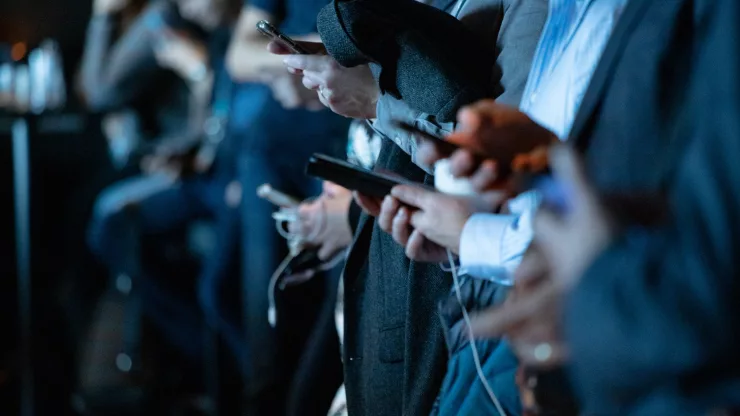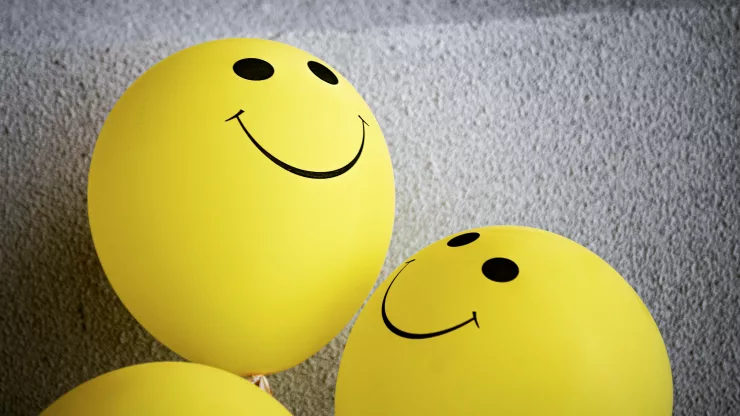Social media has become an integral part of our lives, with millions of people across the world using it to connect with friends, family, and even strangers.
While social media has its benefits, there are also concerns about its impact on mental health.
In this article, we will explore the relationship between social media and mental health, the negative and positive impacts of social media on mental health, and strategies for finding balance in social media use to manage mental health.
Jump to Section
Understanding the Relationship between Social Media and Mental Health
Social media is a double-edged sword: on one hand, it can provide a sense of connection and community, while on the other hand, it can often lead to feelings of anxiety, depression, and social isolation.
Research has shown that excessive social media use can exacerbate existing mental health conditions or even lead to the development of new ones.
It is important to understand the relationship between social media and mental health to make informed decisions about its use.
The Negative Impact of Social Media on Mental Health
How Social Media Causes Anxiety and Depression
One of the most significant concerns about social media is the impact it can have on mental health. Research has shown that excessive social media use can lead to feelings of anxiety and depression.
Constant exposure to the highlight reels of others’ lives can lead to feelings of inadequacy, envy, and self-doubt.
Social media can also lead to increased fear of missing out (FOMO) and a distorted perception of reality.
Comparing Yourself to Others on Social Media
Social media can also fuel feelings of low self-esteem and self-worth, as people often compare their lives to those of others on social media.
Comparing oneself to others can lead to feelings of inadequacy, jealousy, and low self-esteem.
It is important to remember that what people post on social media is often a curated version of their lives and may not reflect reality.
The Impact of Cyberbullying on Mental Health
Cyberbullying is another major concern related to social media use. Cyberbullying can cause significant distress, leading to feelings of anxiety, depression, and even suicidal ideation.
Social media platforms have taken steps to combat cyberbullying, but it remains a pervasive problem.
The Consequences of Social Isolation
While social media can provide a sense of connection and community, it can also lead to social isolation.
Excessive social media use can lead to a lack of in-person social interactions, which can lead to feelings of loneliness and isolation.
It is important to balance social media use with in-person social interactions to maintain positive mental health.
The Positive Impact of Social Media on Mental Health
The Role of Social Media in Providing Support
Social media can also be a valuable source of support for those struggling with mental health issues. Online support groups and communities can provide a sense of connection and understanding that may not be available in-person.
Social media can also provide a platform for individuals to share their mental health journeys and reduce the stigma associated with mental illness.
Opportunities for Connection and Community
Social media can also provide opportunities for connection and community. Social media platforms can connect people with shared interests, hobbies, and goals, and provide a sense of belonging.
This can lead to increased self-esteem, confidence, and overall well-being.
Inspiring and Motivating Mental Health Content
Social media can also provide a wealth of mental health resources, including inspiring and motivating content.
Mental health advocates, organizations, and professionals use social media to share information and resources that can help individuals manage their mental health.
Social media can provide a platform for individuals to connect with mental health professionals and seek support.
Finding Balance: Managing Social Media for Mental Health
Setting Boundaries with Social Media Use
The key to finding balance with social media is to set boundaries.
It is important to limit social media use to a predetermined amount of time each day and avoid checking social media first thing in the morning or before bed.
It is also important to avoid using social media as a coping mechanism for stress or anxiety.
Tips for Reducing Anxiety and Stress Caused by Social Media
To reduce anxiety and stress caused by social media, it is important to be mindful of the types of content consumed.
Unfollow accounts that trigger feelings of inadequacy or negativity and instead follow accounts that inspire and motivate.
It is also important to take regular breaks from social media and engage in other activities to reduce stress and anxiety.
Prioritizing In-Person Connections
Finally, it is important to prioritize in-person social connections. In-person social interactions are essential for maintaining positive mental health. Make time for meaningful conversations, social events, and hobbies to maintain a healthy work-life balance.
Maintaining Positive Mental Health on Social Media
Social media is a powerful tool that can have both positive and negative impacts on mental health.
To maintain positive mental health on social media, it is important to set boundaries, be mindful of the types of content consumed, and prioritize in-person social interactions.
Below is a table outlining the pros and cons of social media use for mental health, as well as actionable steps for managing social media use for better mental health.
| Pros of Social Media Use for Mental Health | Cons of Social Media Use for Mental Health |
|---|---|
| – Provides a sense of connection and community | – Can cause anxiety and depression |
| – Provides a platform for mental health support | – Can lead to social isolation |
| – Provides opportunities for connection and community | – Can fuel feelings of inadequacy and low self-esteem |
| – Provides access to mental health resources | – Can lead to exposure to cyberbullying |
Actionable Steps for Managing Social Media Use for Better Mental Health
- Set boundaries with social media use, limiting time spent on social media each day.
- Be mindful of the types of content consumed and unfollow accounts that trigger negative feelings.
- Take regular breaks from social media to reduce stress and anxiety.
- Prioritize in-person social interactions to maintain a healthy work-life balance.
Resources for Support and Information on Social Media and Mental Health
Below are some resources for support and information on social media and mental health:
- National Alliance on Mental Illness (NAMI): https://www.nami.org/Find-Support
- Mental Health America: https://www.mhanational.org/find-support-groups
- Crisis Text Line: Text HOME to 741741 for 24/7 support and resources
FAQ
How can social media use impact mental health?
Excessive social media use can lead to feelings of anxiety, depression, and social isolation. It can also expose individuals to cyberbullying and fuel feelings of inadequacy and low self-esteem.
Can social media have a positive impact on mental health?
Yes, social media can have a positive impact on mental health by providing a sense of connection and community, access to mental health resources, and opportunities for connection and community.
How can I manage my social media use for better mental health?
Set boundaries with social media use, be mindful of the types of content consumed, take regular breaks from social media, and prioritize in-person social interactions.

With a deep passion for personal development, Ben has dedicated his career to inspiring and guiding others on their journey towards self-improvement.
His love for learning and sharing knowledge about personal growth strategies, mindfulness, and goal-setting principles has led him to create My Virtual Life Coach.
Contact Ben at [email protected] for assistance.
